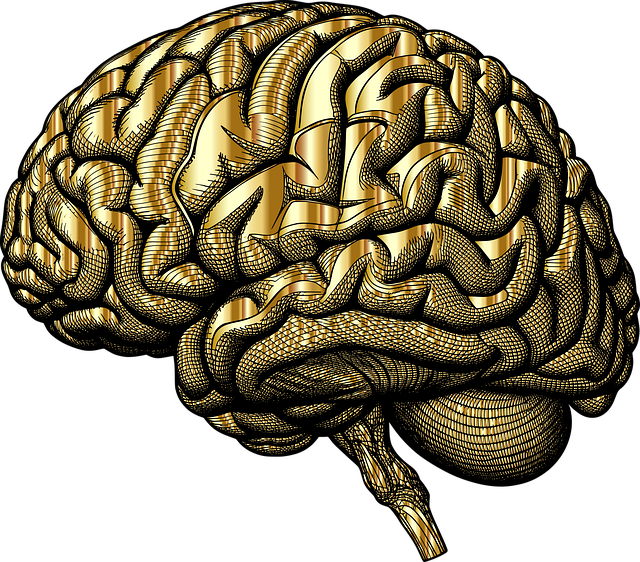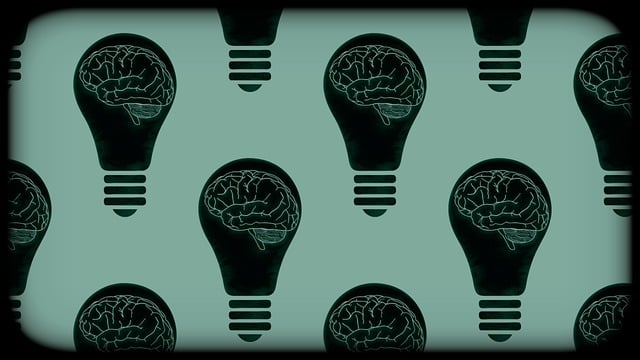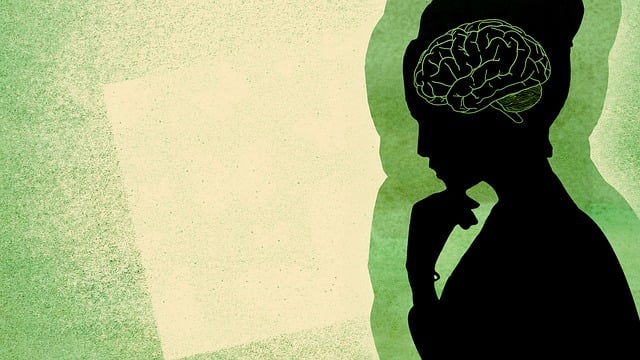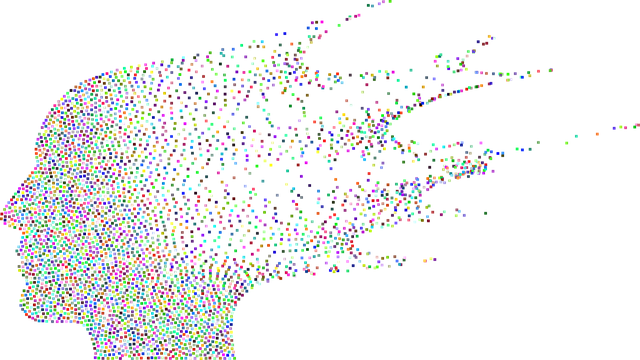Cultural sensitivity in mental healthcare is paramount in diverse societies like the US, where therapists, such as those at Parker Child Abuse Therapy (PCAT), must understand and respect cultural differences. PCAT integrates cultural competency, addressing historical trauma, and using tailored healing processes to create safe spaces for clients from various backgrounds. This approach enhances therapy effectiveness by aligning interventions with cultural beliefs, fostering trust, and considering societal factors influencing mental well-being. Continuous education ensures practitioners stay informed about best practices, promoting equal access to care and reducing disparities.
Cultural sensitivity is a cornerstone of ethical mental healthcare, ensuring equitable and effective treatment for diverse patient populations. This article explores essential aspects of cultural sensitivity, focusing on strategies like those employed in Parker Child Abuse Therapy to navigate varied backgrounds and create inclusive healing environments. We delve into the significance of understanding cultural nuances, especially when treating marginalized communities, to foster trust and improve outcomes. By embracing cultural responsiveness, mental health professionals can provide more compassionate and culturally tailored care.
- Understanding Cultural Sensitivity: A Cornerstone of Ethical Practice
- Navigating Diverse Backgrounds: Patient Populations in Mental Healthcare
- Parker Child Abuse Therapy: Strategies for Culturally Responsive Care
- Building Safe Spaces: Creating Inclusive Environments for Healing
Understanding Cultural Sensitivity: A Cornerstone of Ethical Practice

Understanding Cultural sensitivity is paramount in mental healthcare, serving as a cornerstone of ethical practice. It involves recognizing and respecting the diverse beliefs, values, and practices that shape individuals’ experiences and interactions with mental health services. In a complex social landscape like the United States, where cultures intersect and overlap, this awareness becomes crucial for fostering genuine connections and ensuring effective treatment. For instance, therapists practicing in communities with high rates of historical trauma, such as Native American or African American populations, must be attuned to the specific cultural contexts that influence clients’ perceptions of mental illness and healing processes.
Integrating compassion cultivation practices into therapy sessions can significantly enhance cultural sensitivity. By cultivating self-awareness and empathy, mental health professionals like those at Parker Child Abuse Therapy can create safer spaces for clients to share their unique narratives. Moreover, understanding the potential impact of societal factors on a client’s mental well-being, as explored in risk assessments for mental health professionals, is essential. This knowledge guides practitioners in tailoring interventions that address not only individual symptoms but also systemic issues related to mood management and cultural identity.
Navigating Diverse Backgrounds: Patient Populations in Mental Healthcare

In mental healthcare, navigating diverse patient populations is an essential aspect of providing culturally sensitive care. Patients’ backgrounds, including their racial, ethnic, cultural, and socioeconomic identities, significantly shape their experiences and perspectives on mental health. Understanding these differences is crucial for therapists to create safe, inclusive environments that foster trust and encourage open communication. For instance, a study focusing on Parker Child Abuse Therapy highlights the need for culturally tailored interventions when working with diverse youth from various backgrounds, ensuring that therapeutic approaches align with families’ cultural beliefs and practices.
This sensitivity extends beyond individual patients to broader societal contexts. Mental health professionals must be aware of the historical and systemic factors influencing communities, such as trauma stemming from discrimination or cultural misunderstandings. By acknowledging these nuances, therapists can employ strategies like incorporating culturally specific techniques or adapting therapeutic modalities to align with diverse emotional healing processes. Moreover, engaging in continuous education and training on mental health policy analysis and advocacy ensures practitioners stay informed about best practices for addressing disparities and promoting equal access to care.
Parker Child Abuse Therapy: Strategies for Culturally Responsive Care

In the realm of mental healthcare, culturally sensitive practices are paramount to ensuring effective treatment and support for diverse populations. One notable approach that exemplifies this is Parker Child Abuse Therapy (PCAT), which offers valuable strategies for delivering culturally responsive care. PCAT recognizes that understanding a client’s cultural background is crucial in navigating complex issues such as child abuse. By integrating cultural competency into therapy sessions, professionals can create a safe and supportive environment where clients feel heard and understood.
This approach involves tailoring treatment plans to align with the client’s cultural values, beliefs, and traditions. For instance, mental health professionals utilizing PCAT techniques might incorporate elements of traditional healing practices or community support systems that resonate with the client’s heritage. Moreover, it emphasizes the importance of a comprehensive risk assessment for mental health professionals, considering the potential cultural factors that could impact their work. Encouraging the development of a robust self-care routine can also enhance resilience and prevent burnout among practitioners, ultimately contributing to better mental health awareness and service delivery.
Building Safe Spaces: Creating Inclusive Environments for Healing

Creating safe and inclusive environments is a cornerstone of culturally sensitive mental healthcare. This involves understanding and respecting the diverse backgrounds, beliefs, and experiences of individuals seeking therapy. For instance, Parker Child Abuse Therapy emphasizes building spaces where clients feel seen, heard, and valued. This means adapting therapeutic approaches to align with cultural norms and values, ensuring non-judgmental attitudes, and incorporating empathy-building strategies.
By fostering an inclusive atmosphere, mental health professionals can enhance the effectiveness of treatment. Self-awareness exercises and regular risk assessments help practitioners recognize unconscious biases and ensure their actions support healing rather than hinder it. Through these efforts, therapists create a sanctuary where clients can navigate their challenges with dignity, promoting meaningful healing and growth.
Cultural sensitivity is an indispensable aspect of mental healthcare, ensuring effective and ethical treatment across diverse patient populations. By understanding different cultural contexts and employing strategies like those offered by Parker Child Abuse Therapy, professionals can create inclusive environments that foster healing. Navigating these nuances allows for a more nuanced approach to care, addressing the unique needs of every individual, regardless of their background. Ultimately, embracing cultural sensitivity is a vital step towards revolutionizing mental healthcare, making it accessible and supportive for all.














